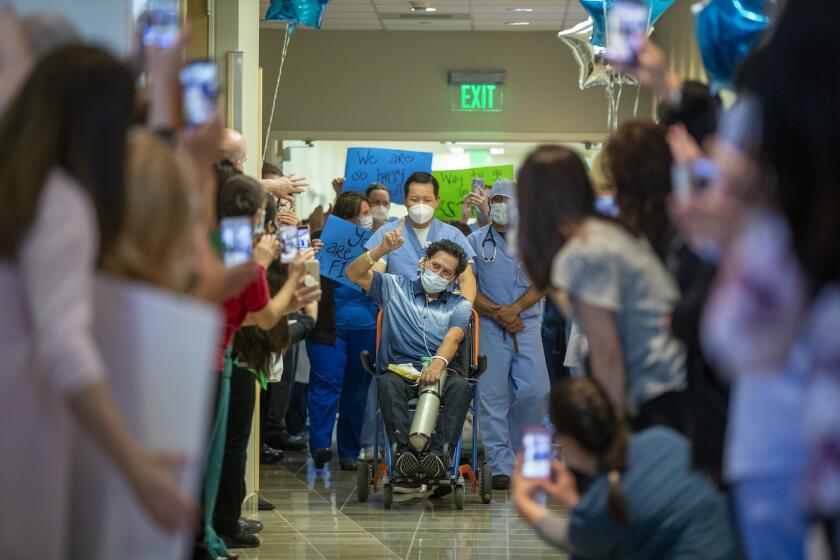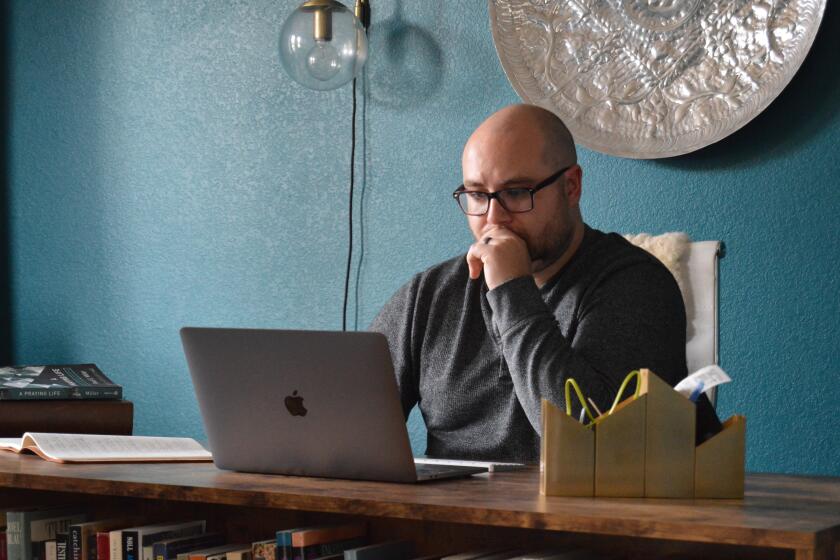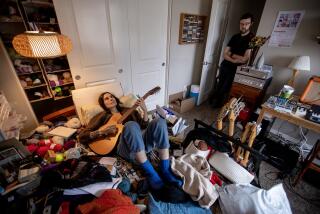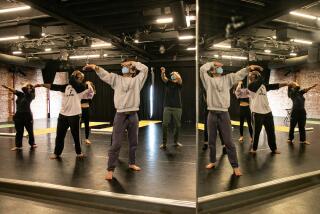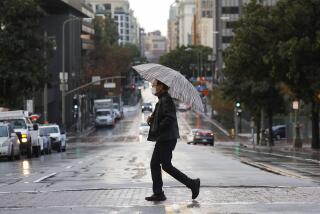Coronavirus diaries are helping people cope. Theyâre also a research gold mine
Just weeks ago, Jason Kirin, a circus performer in Pittsburgh, was juggling flaming spheres for Facebook Live, trying to make the most of the coronavirus crisis after it had led to the cancellation of all his spring shows.
Days later, Kirin got sick. He turned to one of the few outlets that kept him sane: his online diary.
Day 1 Sat 3.21: I started to get aches and pains I wasnât used to. Joints mostly. Things started to ache in weird waysâŚ. These pains were not in any way normal.
Day 2 Sun 3.22: Same.
Day 3 Mon 3.23: 7:21 dry cough started and continued for about 72 hours. Fever tremors began. Couldnât get warm under any amount of clothing, blankets or hot showers.
Day 4 Tues 3.24: the absolute WORST day of all of themâŚ
Kirin, 38, tested positive for COVID-19 and decided to share his notes on Reddit. He suspected that, with such little information about the diseaseâs symptoms documented online, his writings might be useful to someone at some point.
âI started to think, âOK, our government sucks,ââ Kirin said in an interview with The Times. âI didnât feel like I had a lot of faith in our healthcare system.â
Every day, he opened a file, in which each page was labeled with the date, time and number of current COVID-19-related deaths in the U.S., and he wrote about everything: his fever, the diarrhea, his complete loss of taste and smell and his musings on the pandemic.
Since then, such daily COVID-19 diaries have multiplied across social media. Using a plethora of daily diaries and forums, sick people are self-diagnosing or confirming their suspicions about having the virus when they donât have access to testing or believe theyâve received a false negative.
A San Francisco-based nurse practitioner decided to document her experience being sick, because she felt a need to guide others through the experience and believed she received a false negative COVID-19 test result. The 33-year-old, who wished to remain anonymous for fear of retribution from her employer, said she exercises often, doesnât smoke and doesnât have underlying health problems.
âI thought there was a lot of really bad misinformation out there,â she said. âThis is what I do all day. I see 30 patients a day some days, [and] I tell them what to do, what to look for.â
On Facebook, she wrote:
Day 2-5: Was basically bedbound in my room, very tired with body aches and fatigue (worst flu I have ever had).
Day 6: Feeling better, got the news that my test was ânegativeâ even though I had textbook symptoms for someone my age.
Day 11: Could not take full breaths, very sharp chest pains that came and went in both lungs. Called my Aunt [who] is an epidemiologist working on the Covid outbreak in Washington State. She confirmed that the Covid test [has] about a 25% chance of being a false negative and that with my symptoms I am a âpresumptive positive,â especially with shortness of breath.
Sean Young, an associate professor at UCLA and UC Irvine who studies digital behavior and prediction technology, said such social media sharing is to be expected during a health crisis like this, especially when thereâs distrust of leaders and the healthcare system.
âWhen the government is inconsistent in their messaging, then that creates confusion, fear and chaos,â Young said.
Add that to the self-isolation orders and fears of visiting the doctorâs office, and social media can seem like the one place to turn.
âPeople want to share their symptoms because theyâre looking for a community,â Young continued. âTheyâre looking to find out how other people have recovered with similar symptoms. Itâs a good resource to hear from others if it makes us feel better, if it doesnât make us feel more anxious.â
These are some of the unusual new scenes across the Southland during the coronavirus outbreak.
The daily documentations arenât just useful to social media users. Young said researchers have been mining the internet for data like Kirinâs digital journals for various research projects that are helping healthcare workers tackle the coronavirus crisis.
For example, in January, researchers at the University of California Institute for Prediction Technology were tracking Baidu search engine data in China when the virus was first spreading. The surges in coronavirus searches were associated with the spread of the virus, suggesting the data can help predict transmission rates across the country.
The researchers are now doing the same in the U.S., developing artificial-intelligence-based models that take social media data, such as these daily symptom journals, to predict hospitalization rates before hospitals become overwhelmed.
Aside from the positive implications for public health, research has shown the social media sharing can be effective in reducing stress and anxiety about different healthcare problems, such as HIV and opioid addiction, Young said.
Now, the UC Institute for Prediction Technology is applying the same research to the COVID-19 panic. In a study referred to as HOPE â Harnessing Online Peer Education â researchers are tracking whether social media users on Facebook groups can help their peers reduce anxiety and panic around the novel virus.
These types of interactions are happening constantly outside of a research setting. For Cindy Hwang of Manchester, Mo., the digital support has been significant.
Hwang, 27, has been torn between caring for her mother, who lives alone and is COVID-19-positive, and protecting her husband at home, who has preexisting health conditions. She calls frequently, watches from home cameras and orders food to her motherâs door. But when her mother was hospitalized, Hwang felt powerless.
She turned to Reddit.
March 30 (Day 12): I thought things were getting better. But then I talked to her at night and she was talking about dying. She said she doesnât care either way, she will be with my dad. She asked for a clergyman. She was in a state of acceptance.
March 31 (Day 13): She said a social worker talked to her today and asked her how she was going to go home if the hospital released her. My mom replied âI donât knowâŚâ and asked about Uber. The social worker said that was not a good idea.
This makes me wonder how people that are living alone handle this.
Hwang said she could have easily obsessed over calling her mom or going down coronavirus rabbit holes on the internet. Writing the daily notes has given her something productive to do, she said. She was surprised to receive the support from strangers online, making her feel a little bit less alone.
âIt melts my heart that people have been reading this and praying for my mom,â Hwang said. Her mother is recovering and was able to return home Monday.
For Kirin, who struggles with anxiety, the digital sharing has been key to helping him and others cope with the stress of the pandemic. Kirin said he would get panic attacks that would exacerbate his difficulty breathing as he was suffering with the virus.
âIâm no doctor,â Kirin said, âBut thereâs these panic feedback loops Iâve been talking to people about [and] telling them whatâs working for me.â
The coronavirus pandemic is worrisome enough for most people. For those with anxiety disorders, it presents a special challenge.
Though social media are proving to be helpful for some to reduce anxiety, Young warned that the online sharing can be dangerous when misinformation is involved. His team of researchers is also working to tackle that problem and developing a plug-in for web browsers that can monitor online forums on COVID-19 and flag misinformation. But for now, for those seeking medical advice, talking to a doctor is always best, Young said.
Kirin reflected on how, just months ago, sites such as Facebook felt like âthe sore of our cultureâ and were criticized for spreading misinformation. At least right now, social media have been a savior for people struggling in isolation â with COVID-19 or not.
âThereâs this great quote I read once, and I rarely get to use it: Pain only loses its power when it loses its privacy,â Kirin said.
More to Read
Sign up for Essential California
The most important California stories and recommendations in your inbox every morning.
You may occasionally receive promotional content from the Los Angeles Times.
